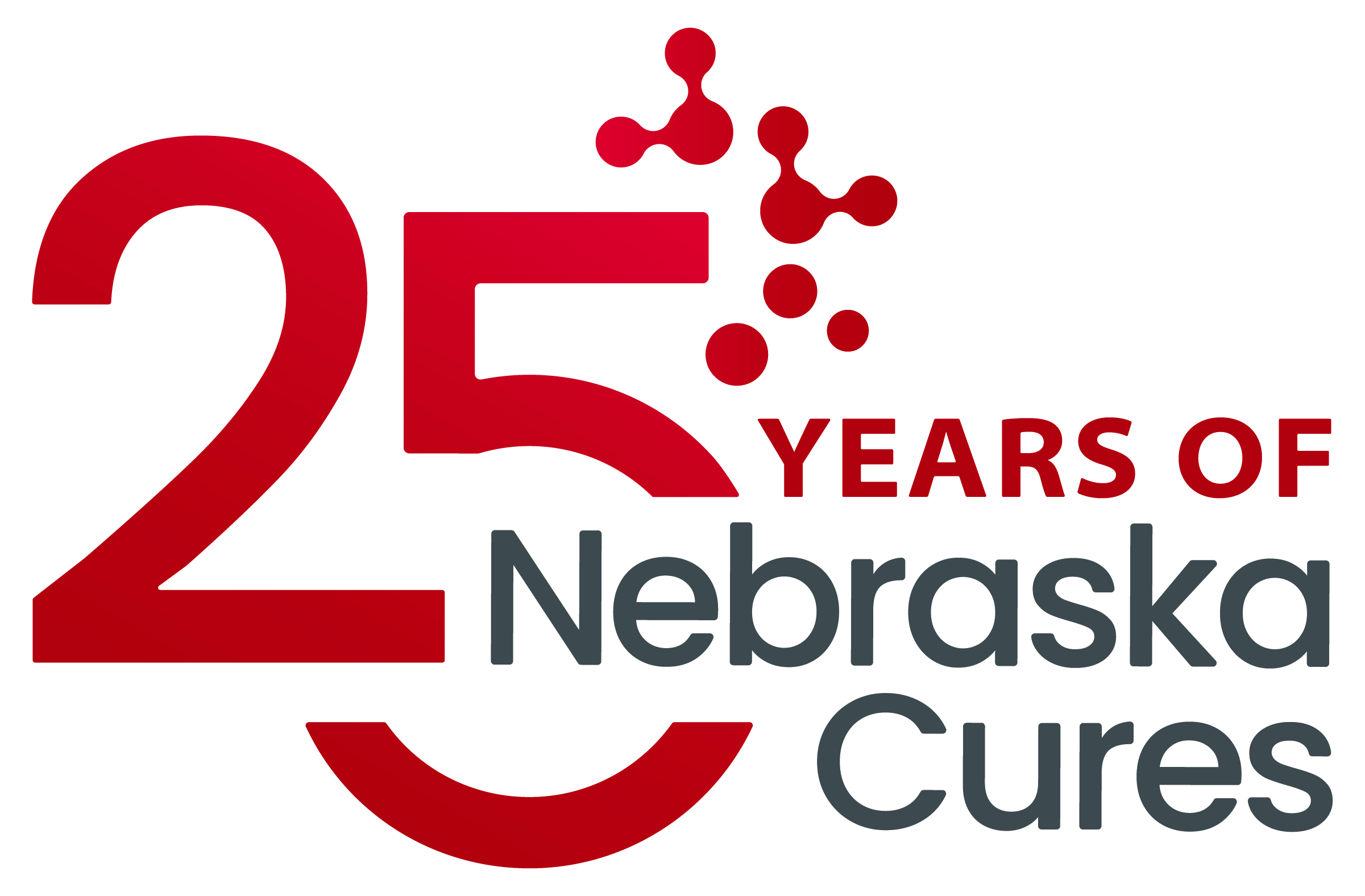A measure slated for a Friday hearing in the Nebraska Legislature would make sure patients seeking unproven stem cell treatments for aching joints and other more serious ailments are informed that the therapies are not approved by federal regulators.
Legislative Bill 753 would require health care providers to inform patients and get written consent acknowledging that the therapies they’re seeking have not been approved by the U.S. Food and Drug Administration.
State Sen. John Arch of Omaha said people see potential when they look at stem cell therapy. And when patients walk into a clinic and see a licensed health care provider dispensing therapies, they assume those therapies are federally approved.
The therapies can cost thousands of dollars and are not covered by insurance, Medicare or Medicaid. Clinics offering the therapies have proliferated across the United States in recent years. A recent study published in Cell Stem Cell by Leigh Turner, a researcher with the University of California Irvine, identified nearly 1,500 businesses promoting the products. That was four times as many as he and another researcher had documented in a 2016 study.
Currently, however, the only stem cell-based products approved for use in the U.S. involve using cells from bone marrow, umbilical cord blood and blood to treat certain cancers and blood-related diseases.
“We just want to make sure that the patient understands,” Arch said. “That’s really the main point of this.”
Arch introduced the bill at the request of Research Nebraska, the lobbying arm of the Nebraska Coalition for Lifesaving Cures. More information about the therapies is available on Research Nebraska’s website, https://www.researchnebraska.org/stem-cell-therapies.
David Crouse, president of Research Nebraska, said clinical tries are underway for some potential uses of stem cells. Some show positive results. But they haven’t yet delivered the kind of data on safety and effectiveness needed to obtain approval for use outside those trials.
“These clinics are just taking their shot at what might work,” he said, “and most of them have no evidence of what’s actually effective.”
The bill comes after the attorneys general of Nebraska and Iowa filed separate but similar lawsuits in July 2020 against Omaha-based stem cell therapy clinics and their owners. The suits alleged that the clinics made deceptive and misleading claims in marketing unapproved treatments to older residents of the two states.
A hearing on a motion for summary judgment in the suit filed by Nebraska Attorney General Doug Peterson is slated for Feb. 1 in Douglas County District Court.
Named in the Nebraska lawsuit are related entities Regenerative Medicine and Anti-Aging Institute of Omaha, Omaha Stem Cells LLC and Stem Cell Centers LLC, also known as Stem Cell Centers of Alaska LLC, and their owners.
David Fautsch, a Des Moines attorney representing the firms, said he intends to fully defend his clients.
Regenerative Medicine and Anti-Aging Institutes of Omaha, LLC and Stem Cell Centers LLC also are named in at least one lawsuit filed by patients who sought the therapies.
In that lawsuit, filed by Omaha attorney David Cripe in Sarpy County District Court, a south-central Iowa couple said that they received stem cell injections at a Stem Cell Centers site in Gretna on Oct. 30, 2019, and immediately began to experience nausea, dizziness and weakness.
The couple, according to the complaint, attempted to drive home, but stopped after an hour at a hotel in western Iowa. Hotel staff called emergency responders and an ambulance took them to a local hospital. From there, they were taken by helicopter to two separate hospitals in Omaha. Each of them spent about a week in intensive care, and both were diagnosed with septic shock “due to E. coli poisoning from the stem cell injections at issue.”
Crouse said the legislation will raise some red flags for people who might consider the treatments so they know what they’re getting into.
“We think that it will help,” he said. “I don’t like to see people be misinformed, or not informed.”
